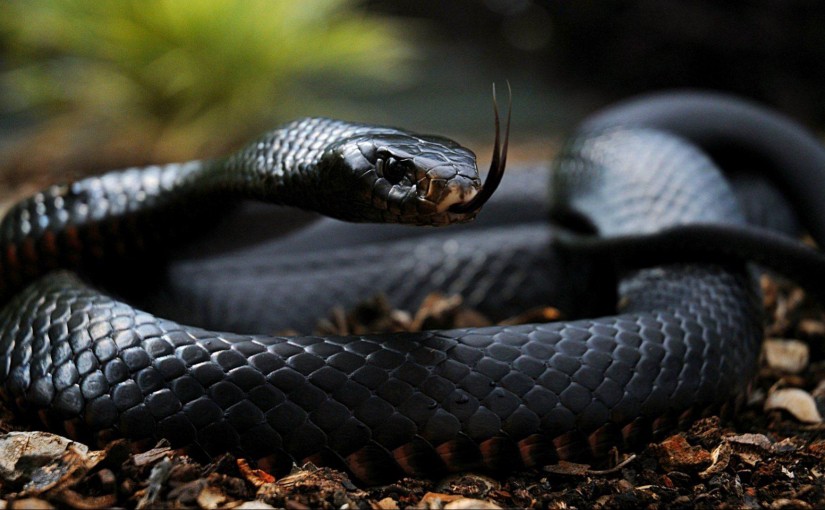Mozambique: Three training institutes closed for lack of documentation
Mozambique: Snake bites kill almost 9,000 people a year – study

FILE - For illustration purposes only. [File photo: science-all.com]
A new study estimates that snakes kill almost 9,000 people a year in rural Mozambique, a figure that may be even higher as most people do not seek hospital treatment or prefer traditional remedies, without any record.
The number of deaths from poisoning shows that “one in eight snakebites in Mozambique results in death”, said the study published by Toxicon, a scientific journal of toxicology, a science that studies toxins produced by microorganisms, plants and animals.
“Snakebite incidence in rural sub-Saharan Africa might be severely underestimated” is the title of the research published at the end of September.
The work was done in partnership with several institutions, including Mozambique’s Lúrio University, and aims to contribute to the target of reducing the incidence of death and disability from snakebite by 50% by 2030, as proposed by the World Health Organization (WHO).
The authors base the new estimates on the results of interviews with 1,037 households from nine communities in Cabo Delgado province.
“Despite being an underestimation they increase snakebite incidence levels ten-fold the number of deaths by 30-fold”, when compared to previous estimates.
“Urgent and widespread surveys are needed to further assess the full extent of snakebites in sub-Saharan Africa, explore regional patterns and develop mitigation plans.,” the study summary reads.
The data suggests that each year around 69,200 people are bitten by snakes in Mozambique, a country that is home to at least 14 ” medically important snake species”, meaning snakes whose bites “can potentially cause death, limb amputation or morbidity”.
Most of Mozambique’s population (68%) live in rural areas and practises agriculture for a living, which ends up “exposing millions of people to snakebites,” mainly in the rainy season, the document reads.
“The high number of medically important snakes in the country, the percentage of people living in rural areas, and the total absence of snakebite incidence data, confer Mozambique the status of high priority for studies of venomous snake demography and snakebite incidence modelling s,” the study concluded
- To read, download the full study, please click HERE.
Without accurate data, it is difficult to see how the WHO will meet its global target of reducing death and disability from snakebites by 50% by 2030 https://t.co/2UgJlFMjeB
— The Conversation Africa (@TC_Africa) October 19, 2022












Leave a Reply
Be the First to Comment!
You must be logged in to post a comment.
You must be logged in to post a comment.